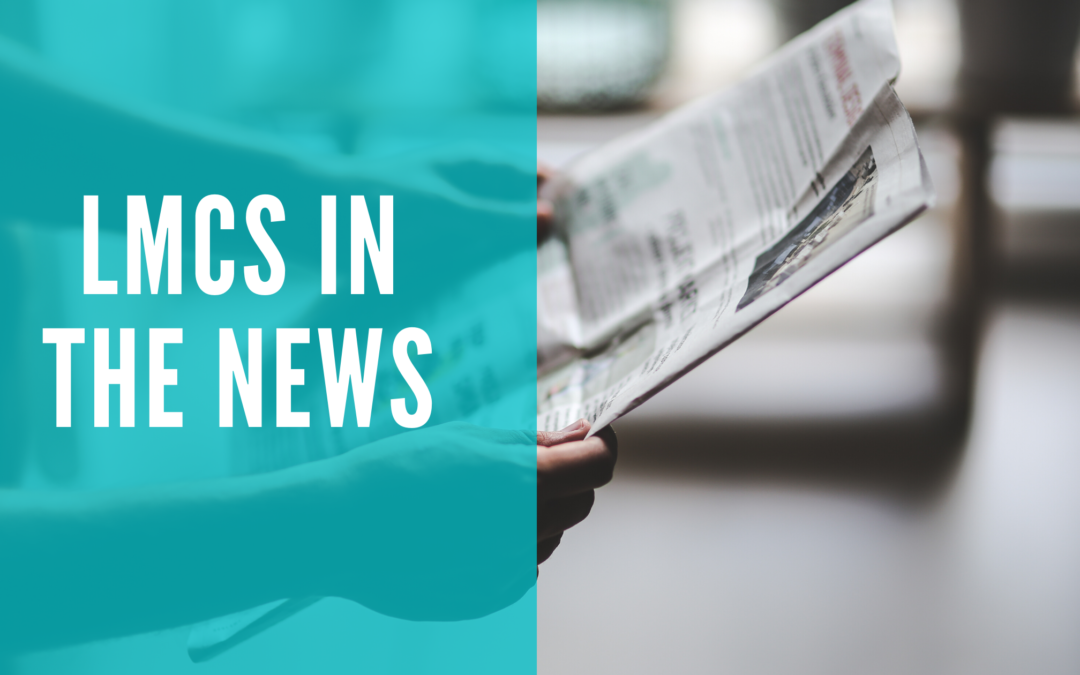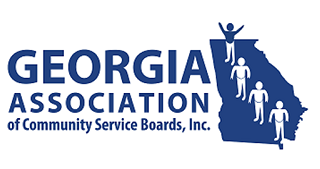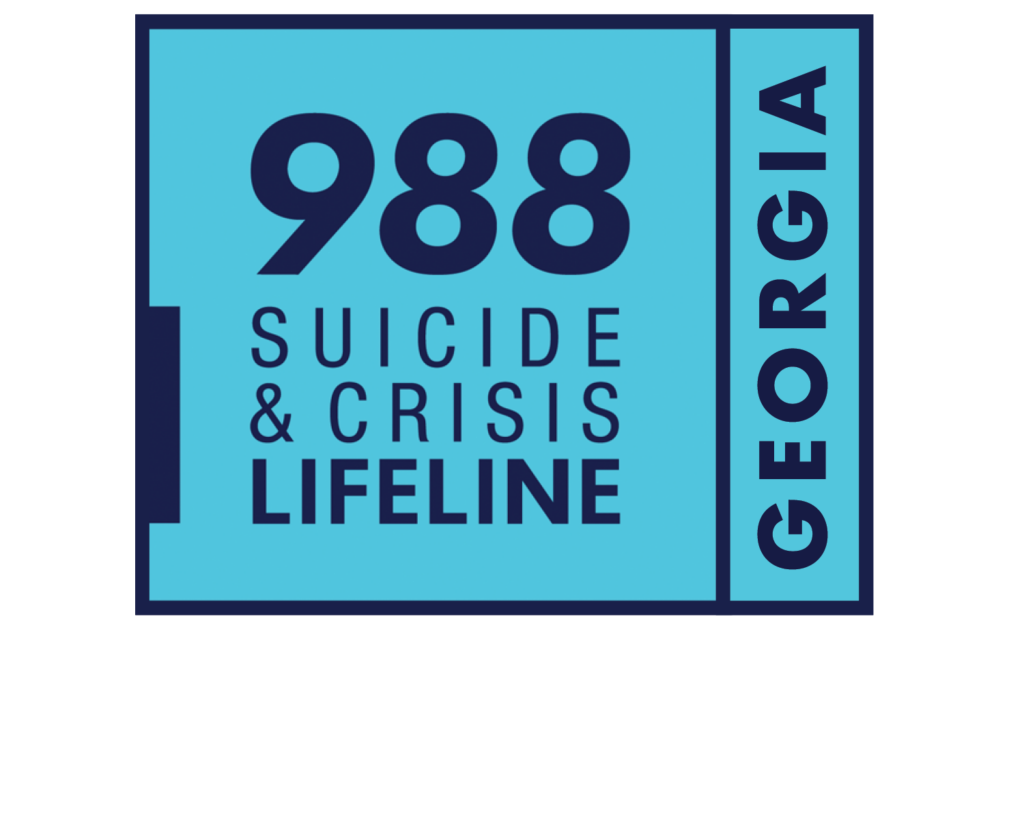By: Tamara Wolk with CatoosaNews.com
Lookout Mountain Community Services has been working to meet people’s mental health and recovery needs for a long time. COVID-19 has changed how that is done, in some ways for the better and in some ways not.
“We had to switch to doing telehealth,” says LMCS CEO Dr. Thomas Ford. “That turned out to be something a lot of people like.”
Ford says LMCS has been doing some Zoom-style meetings for groups of clients for three or four years and has been doing video sessions in which clients had to come into the clinic and were connected by video with a health professional suited to their needs, but they had not done remote visits by telephone.
“Telephone communications are better for a lot of people,” says Ford, “because they don’t have smart phones or internet connections for video formats.” And, Ford says, it turns out that people appreciate not having to spend money on gas or find a ride or take time off work to make it to an appointment.
Ford says LMCS and 24 similar agencies across the state conducted a survey to see how clients felt about telehealth. “Ninety percent felt positive about it,” says Ford. “Fifty percent of people say they would rather not have to come into a clinic.”
Ford says that telehealth has increased access to services for people and has also increased the percentage of people, from 70% to 88%, who keep their appointments.
When the COVID-19 crisis hit, Ford says LMCS clinicians started calling clients to check on them. “Our staff has been outstanding and adaptive throughout this.” Ford says drug court clients often got two or three calls a week to help them keep their commitments to remain free of substance abuse.
More challenging, says Ford, has been the services LMCS offers for those with developmental disabilities. “We have up to 70 people who come to our day programs and participate in activities. Because of social distancing we have no transportation running to pick these people up right now and we’re having to limit the number of people who can be here at one time to around 20.”
Jamie Sherlock, who works with LMCS and is a certified addiction counselor with a master’s degree in social work, says COVID-19 has been devastating for those in the addiction recovery community. She says she’s been seeing a lot of relapses. “People recovering from addiction depend on things like 12-Step meetings and church services to help them and they don’t have that social support right now.”
LMCS, says Sherlock, has its outpatient addiction recovery groups up and running now, with social distancing practices being observed.
“My advice for people is to get help if you need it. We’re not the only ones offering telehealth. If you’re feeling anxiety or depression or if you’re struggling with substance abuse, call someone and get help.”
Ford and Sherlock both hope to see the telehealth option continue after the COVID-19 crisis ends but, they say, that is up to the state agencies that regulate the services.
Contact Info: 706-861-3387 or https://www.lmcs.org/
Link to original article: Click here





Recent Comments